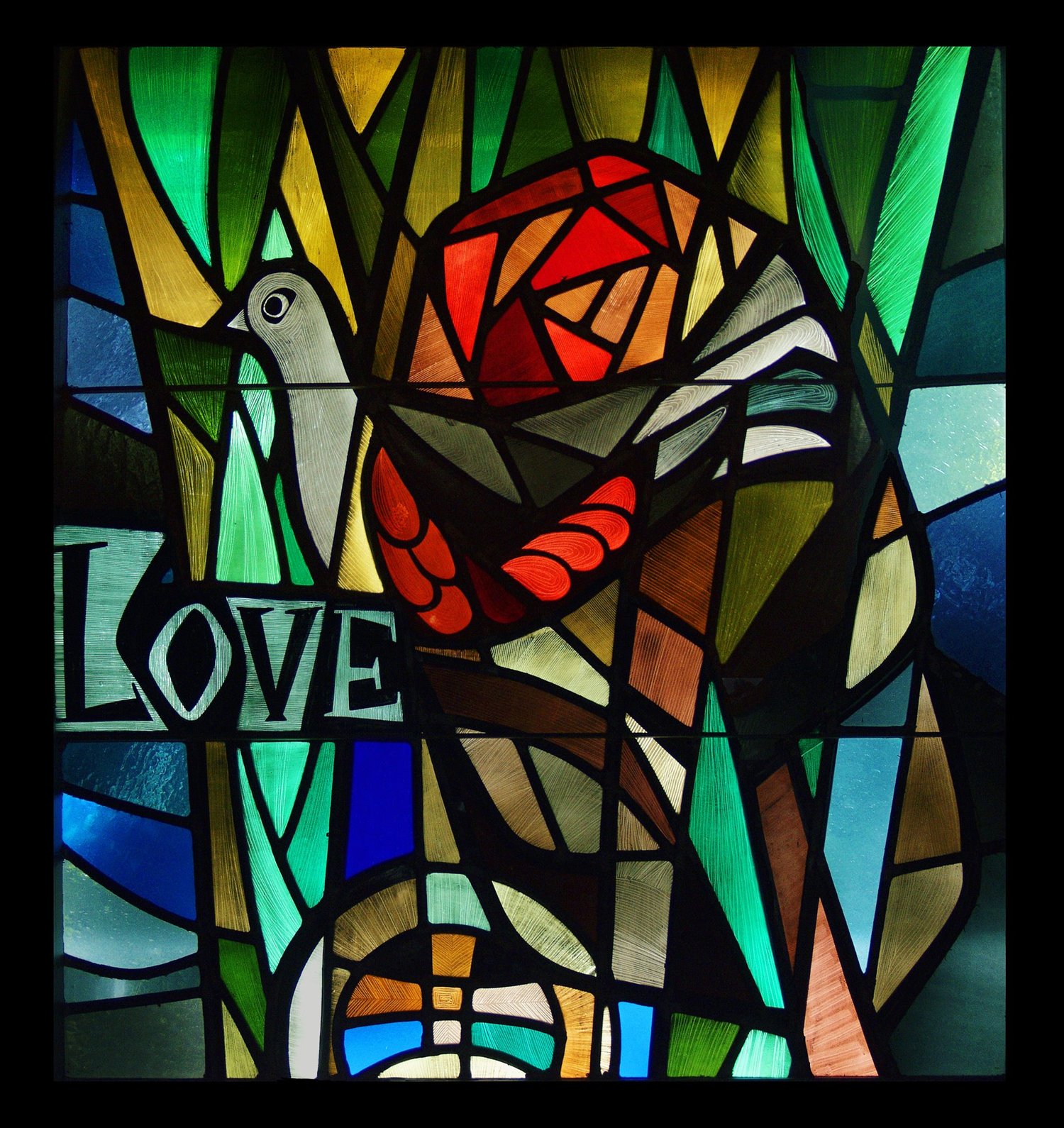Mary was a shame.
She was a shame to her family.
She was a shame to her fiancé.
She was a shame to her village—or she would have been if they had known,
if she had shown
if she had grown
and given birth to her shame.
Mary was young and pregnant and also unwed.
If she didn’t know how that happened, everyone else did.
“Of course, a girl like her would end up like that. What did you expect?”
the villagers would say.
“Mary, tsk, tsk, tsk, what a shame!”
“She should have known better!”
“Where are her parents, anyway?”
Then someone decided how she should shun shame:
to keep pure and clean her family name
they would play an age-old game.
Before she began to show very much,
while her loose clothing still hid her baby-bump
and before the shame within her could grow
and show
just what kind of wild woman she really was—
they declared that she must go
away,
to the hills,
to her distant cousin Elizabeth’s distant house.
Elizabeth was pregnant, too, and the public play
could be
that young Mary
went to help her older cousin give birth.
Perhaps they might deliver on the same day!
“Oh, look. Twins!!!” “A blessing!” the gossips would say.
“A definite improvement in Elizabeth’s social worth.”
And Mary could return
unburdened by unwed shame
and, thus, she could shamelessly wed Joseph and take his name.
It was a pre-arranged marriage, into King David’s line,
a path that was paved by paternal practices of the time.
Yet their masculine determinations were denounced and undone by the Divine.
While Men decreed, decried, declared, determined to dismiss and divorce,
and decided how to dominate her body,
the Divine said her body was sacred, and her baby was godly.
An angel appeared and said, “Mary, this may sound odd;
this baby’s not a shame; he’s the Son of God.”
Instead of shame Mary was given both grace and glory.
--And now for the rest of the story.
She was sent away to bear her shame in an undisclosed location.
Elizabeth, her hostess, look at her and said, without hesitation,
“My God, Mary. You shine. You glow! Your face!
You know, Mary, Mother of God, you are full of grace!”
Then Mary, the one who was newly pronounced graceful
Cried out with joy from the depths of her soul,
“My God, I praise.
Yahweh has saved me from shame.
Yahweh saves! Yeshua. Yes, Jesus shall be his name.”
And then, Mary returned to Nazareth full of grace.
A few months later as she neared her term, her husband-to-be
came to take her to a census and fulfill another man’s decree.
Other men shaking their heads, in mock apology,
They said they couldn’t find room in their inns
Wary
of this young, pregnant Mary,
unwed, full of sins.
Perhaps an innkeeper’s wife peering through the door
didn’t see a girl, full of shame, destitute, and poor,
But rather
she saw a young mother--
full of glory and with near-term desperation.
Then the innkeeper’s wife snuck out the back door,
and whispered, “Psst. Hey hon.
We’ve got a barn;
it’s not very pretty,
but, dearie, you look tired and worn,
and, for one such as you, I’ve got some pity.”
She led them to a respite from the crowded, loud city,
to a barn, a stall, a warm and dry space,--
yet, a straw-lined shed is a shameful place
to give birth to King David’s Great-great-great-great-great-great-great-grandson.
Giving birth in a barn like a common cow?
Yet once again Mary’s shame, somehow
became a miraculous, angel-filled story of grace,
when short-shorn sheep
and shepherds who smelled like sheep
showed up to see the baby sleep.
And when they returned their flocks to their keep,
they danced and sang,
inviting, exciting,
rejoicing, reciting,
“God’s kingdom is come,
in great David’s Great-great-great-great-great-great-great-grandson.
She, who was once called shameful, is now proclaimed Mary, Full of Grace
And unexpectedly, a manger is the Messiah’s birth place.
And now because of the birth in that crèche,
Those who are called shameful or worthless
are now full of grace, full of worth, and blessed.
and the Divine promise--
hope for the hopeless
joy for the joyless
peace for the warriors, the wounded, and war-torn
love for the lost, the least, the last, the lonely and forlorn
the promise was fulfilled when God was born.
The angels sing “Glory, Glory, Glory be!”
Shame has shed its shackles, Glory be!
For now has come the time
for God’s grace and light to shine.
For you and me,
for Mary,
and for all humanity.
May Christ be born again in all of your hearts this Christmas Day.
Amen.

